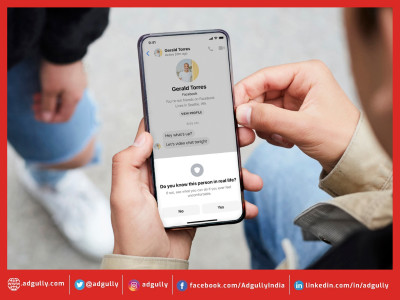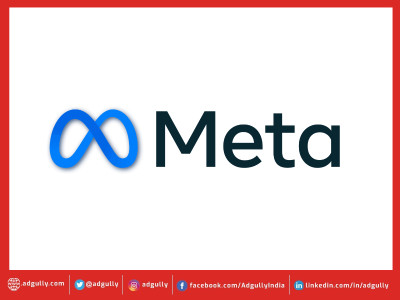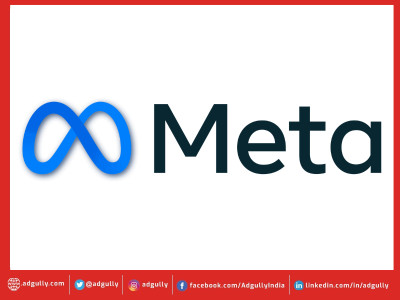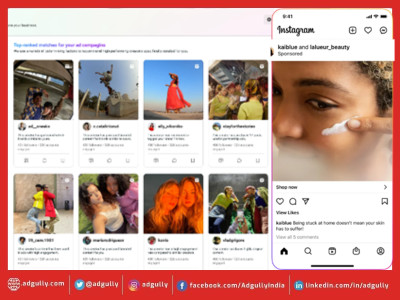Meta updates FB, Instagram to protect teens from online harm
Meta is introducing updates on Facebook and Instagram that further protect teens from online harm. Starting now, everyone who is under the age of 16 (or under 18 in certain countries) will be defaulted into more private settings when they join Facebook.
Meta is developing new tools and education to stop the spread of self-generated intimate images online.
The idea is to protect young people from harm and seek to create safe, age-appropriate experiences for teens on Facebook and Instagram.
Last year, Meta shared some of the measures it takes to protect teens from interacting with potentially suspicious adults. For example, it restricts adults from messaging teens they aren’t connected to or from seeing teens in their People You May Know recommendations.
“A “suspicious” account is one that belongs to an adult that may have recently been blocked or reported by a young person, for example. As an extra layer of protection, we’re also testing removing the message button on teens’ Instagram accounts when they’re viewed by suspicious adults altogether. We’ve developed a number of tools so teens can let us know if something makes them feel uncomfortable while using our apps, and we’re introducing new notifications that encourage them to use these tools,” announced Meta.
For example, Meta is prompting teens to report accounts to us after they block someone, and sending them safety notices with information on how to navigate inappropriate messages from adults. In just one month in 2021, more than 100 million people saw safety notices on Messenger.
“We’ve also made it easier for people to find our reporting tools and, as a result, we saw more than a 70% increase in reports sent to us by minors in Q1 2022 versus the previous quarter on Messenger and Instagram DMs. Starting today, everyone who is under the age of 16 (or under 18 in certain countries) will be defaulted into more private settings when they join Facebook, and we’ll encourage teens already on the app to choose these more private settings for:
Who can see the people, Pages and lists they follow
Who can see posts they’re tagged in on their profile
Reviewing posts they’re tagged in before the post appears on their profile
Who is allowed to comment on their public posts.”
This move comes on the heels of Meta rolling out similar privacy defaults for teens on Instagram and aligns with its safety-by-design and ‘Best Interests of the Child’ framework.
Meta is also sharing an update on the work it is doing to stop the spread of teens’ intimate images online, particularly when these images are used to exploit them — commonly known as “sextortion.” “The non-consensual sharing of intimate images can be extremely traumatic and we want to do all we can to discourage teens from sharing these images on our apps in the first place.”
Meta is working with the National Center for Missing and Exploited Children (NCMEC) to build a global platform for teens who are worried intimate images they created might be shared on public online platforms without their consent.
“This platform will be similar to work we have done to prevent the non-consensual sharing of intimate images for adults. It will allow us to help prevent a teen’s intimate images from being posted online and can be used by other companies across the tech industry. We’ve been working closely with NCMEC, experts, academics, parents and victim advocates globally to help develop the platform and ensure it responds to the needs of teens so they can regain control of their content in these horrific situations. We’ll have more to share on this new resource in the coming weeks,” said Meta.
The company is also working with Thorn and their NoFiltr brand to create educational materials that reduce the shame and stigma surrounding intimate images, and empower teens to seek help and take back control if they’ve shared them or are experiencing sextortion.

















Share
Facebook
YouTube
Tweet
Twitter
LinkedIn